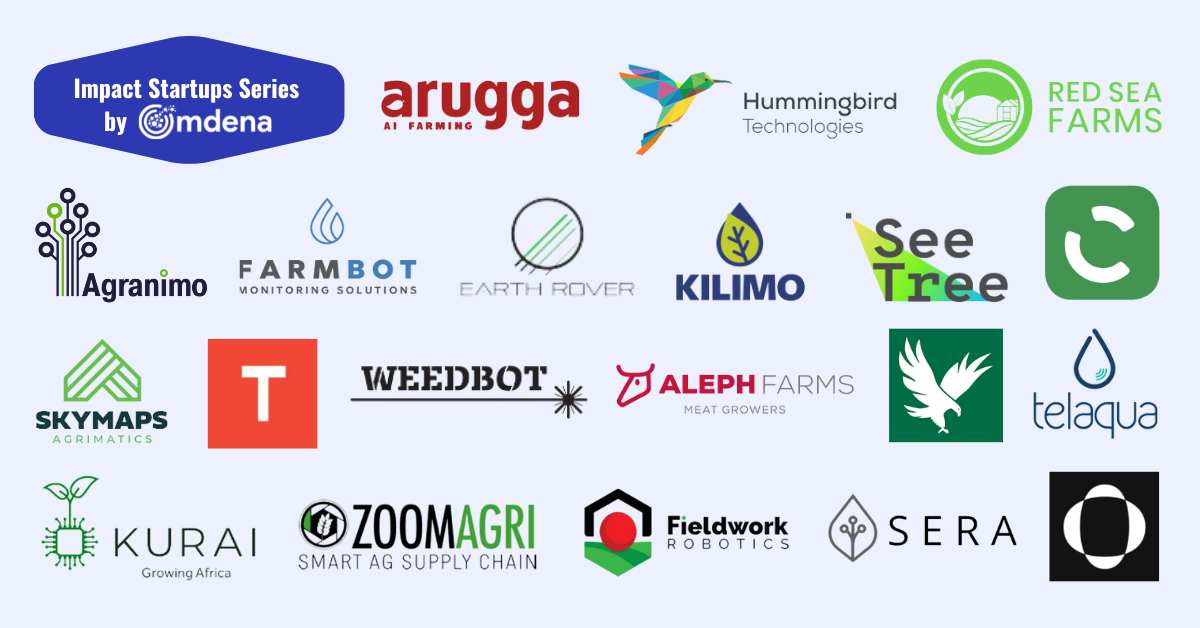Introduction:
Agriculture has always been a fundamental pillar of human civilization, providing food and sustenance for thousands of years. However, the industry has faced numerous challenges ranging from climate change to labor shortages. In recent years, technology has come to the rescue, and AgTech startups are leading the way in revolutionizing agriculture through automation.
The Rise of Automation in Agriculture:
Automation in agriculture involves the use of technology and robotics to perform tasks that were traditionally carried out by human labor. This includes activities like planting, harvesting, weeding, and monitoring crop health. The benefits of automation in agriculture are immense:
Increased Efficiency: Automation allows farmers to complete tasks more quickly and accurately, leading to higher crop yields and reduced operational costs.
Labor Shortage Mitigation: With a global shortage of farm labor, automation helps fill the gap by performing tasks that would otherwise go unattended.
Sustainability: Automated systems can use resources more efficiently, reducing waste and environmental impact.
Data-Driven Decision Making: Automation generates vast amounts of data, enabling farmers to make informed decisions about crop management.
Promising AgTech Startups Leading the Way:
FarmBot:
Tags: Precision Agriculture, Robotics, Sustainable Farming, IoT
FarmBot is a company at the forefront of precision agriculture. They offer a robotic system that can plant, water, and weed crops with precision. Their technology also integrates with weather data and soil sensors, ensuring optimal growing conditions for crops.
Blue River Technology (Acquired by John Deere):
Tags: Computer Vision, Machine Learning, Farming Efficiency, Sustainability
Blue River Technology, now a part of John Deere, specializes in using computer vision and machine learning to identify and eliminate weeds without the need for herbicides. This innovation reduces chemical usage and promotes more sustainable farming practices.
Iron Ox:
Tags: Indoor Farming, Hydroponics, Urban Agriculture, Food Security
Iron Ox is revolutionizing agriculture by growing crops in indoor hydroponic farms. Their fully automated system controls light, temperature, and nutrient levels to produce high-quality, pesticide-free produce year-round, addressing food security concerns.
Bowery Farming:
Tags: Vertical Farming, Urban Agriculture, Sustainable Agriculture, Controlled Environment Agriculture
Bowery Farming is a leader in vertical farming, utilizing advanced automation and data analytics to grow fresh produce in urban environments. By eliminating the need for pesticides and reducing food miles, they contribute to a more sustainable food system.
Investment and Funding in AgTech:
The potential for automation in agriculture has not gone unnoticed by investors. AgTech startups have been securing significant funding and investments to further develop and scale their technologies. Venture capitalists, corporate investors, and government agencies are recognizing the value of these innovations in addressing the challenges of modern agriculture.
Investment in AgTech is not limited to one region or country. In the United States, organizations like the United States Department of Agriculture (USDA) and private investment firms are allocating substantial funds to support AgTech startups. Similarly, European countries are encouraging the growth of AgTech through grants and incentives for innovative agricultural solutions.
Challenges and Future Prospects:
While AgTech startups are making great strides in automation and agriculture, there are still challenges to overcome. High upfront costs, compatibility issues with existing equipment, and the need for skilled operators are among the hurdles that need to be addressed. Additionally, data security and privacy concerns in the age of automation are important considerations.
Looking ahead, the future of agriculture appears bright with automation playing a pivotal role. As technology continues to advance, we can expect even greater integration of automation, artificial intelligence, and data analytics in farming. This will lead to more sustainable and efficient agriculture practices, helping to meet the growing demand for food in a changing world.
Conclusion:
AgTech startups are at the forefront of a technological revolution in agriculture, bringing automation and innovation to the fields and farms. With their pioneering efforts, these companies are not only improving the efficiency and sustainability of agriculture but also attracting significant funding and investments. As we move forward, the synergy between automation and agriculture promises a brighter and more sustainable future for food production and farming worldwide.





